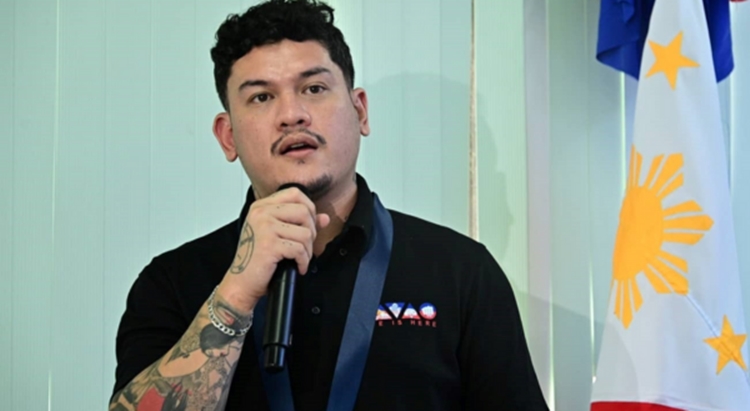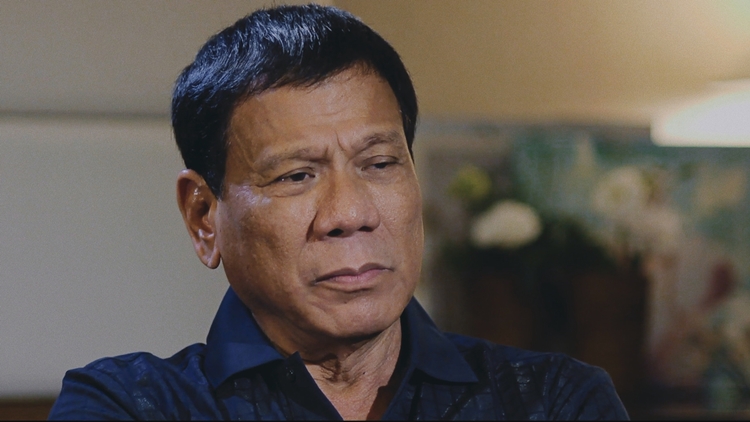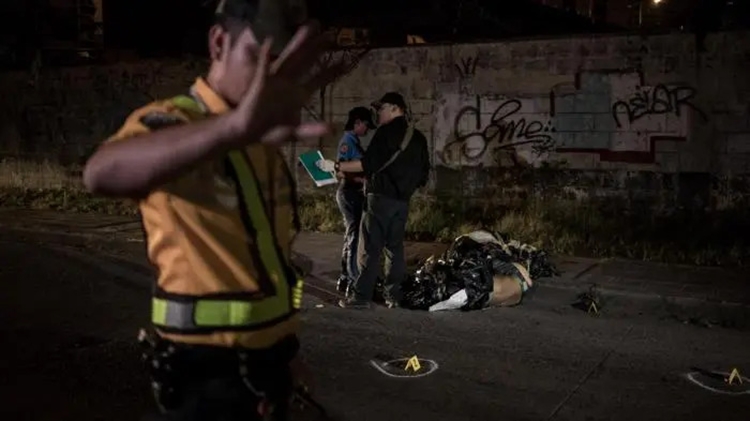In Davao City, Mayor Baste Duterte declares ‘war on drugs’
DAVAO CITY – Mayor Sebastian “Baste” Duterte declared a “war on drugs” in the city of Davao due to the reported resurgence of illegal drug cases.
The mayor announced this during a “change of command” ceremony at the Davao City Police Office last Friday, March 22. “I hereby declare that this city is at war against drugs. Buot pasabot ana, pasensyahay ta. Tagaan ta mo ug oras muhawa mo diri kung gabaligya mo ug droga,” Baste said.
“If you are selling drugs sa mga bata, sa mga breadwinner sa pamilya ug bisan kinsa pa dinha, hawa na karon kay napul-an nami dili mi gusto ug ingon ana diri. So this will be your chance to get out of the city,” he added. Mayor Baste is the son of former President Rodrigo Duterte and the sibling of Vice President Sara Duterte.

Former President Duterte previously declared a war against illegal drugs in Davao City when he was mayor, and later on a national scale during his presidency. Reports suggest that over 6,000 people were killed under the Duterte administration’s war against illegal drugs, while various international human rights organizations claim the actual number of deaths ranges from 12,000 to 35,000. The International Criminal Court (ICC) is currently investigating alleged human rights violations related to the war on illegal drugs in the Philippines.

Meanwhile, the war against illegal drugs is a government-led initiative aimed at combating the illegal drug trade and reducing drug abuse within a country. It typically involves strict enforcement of drug laws, including measures such as increased police presence, arrests, prosecutions, and sometimes military involvement to dismantle drug trafficking networks.

The goal of the war against illegal drugs is to curb drug production, distribution, and consumption, ultimately aiming to improve public health and safety by reducing drug-related crime and addiction. However, the effectiveness and impact of these campaigns have been the subject of debate, with critics often highlighting issues such as human rights violations, racial disparities in enforcement, and the potential for unintended consequences such as increased violence.
